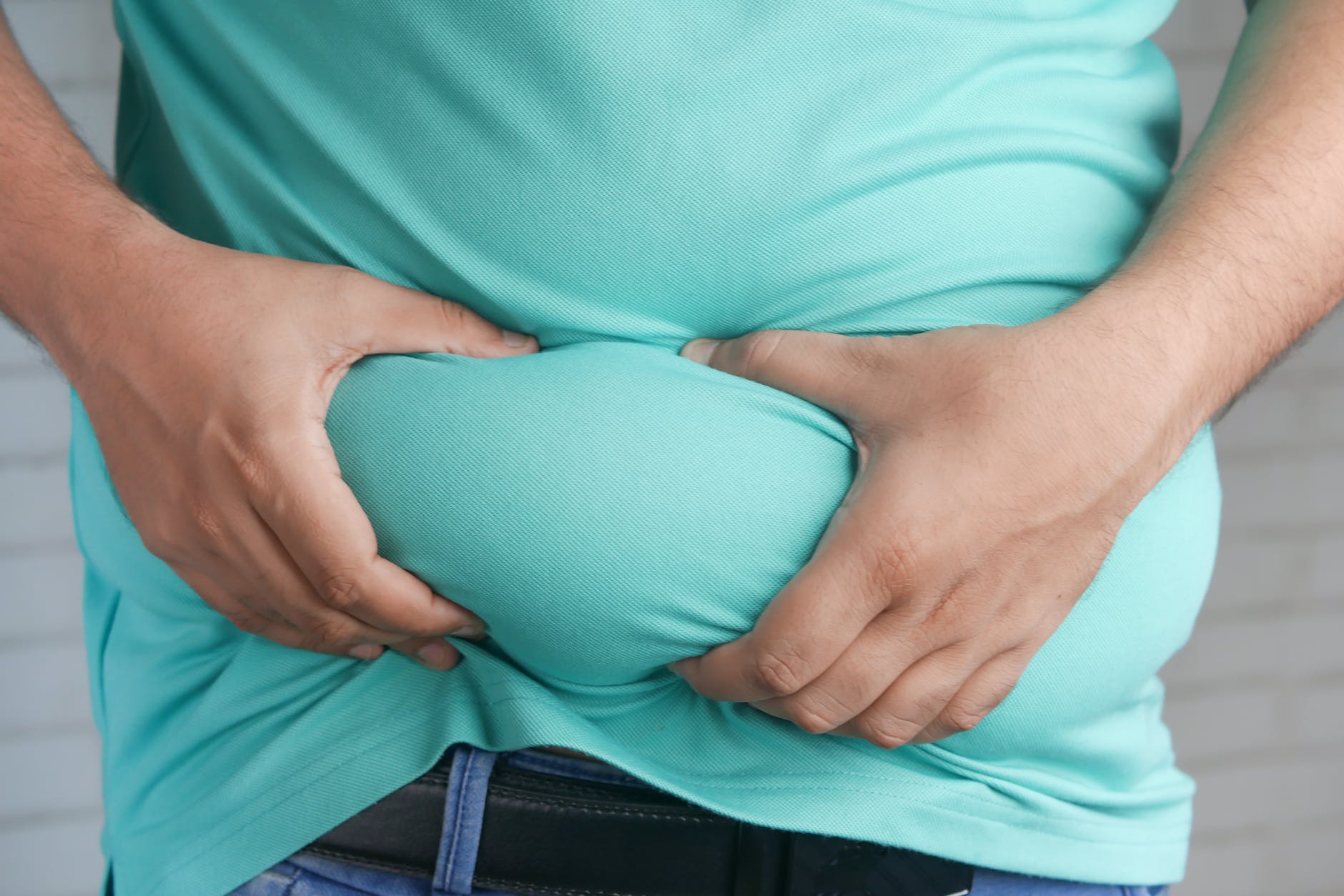
Unlocking the Secrets of Apple Cider Vinegar for Belly Fat Loss
Are you on a mission to banish belly fat and embrace a healthier lifestyle? You might have heard about the wonders of Apple Cider Vinegar (ACV) in this quest. While it’s not a magic potion, ACV can be a powerful ally when used wisely. Let’s dive into how you can integrate this age-old remedy into your routine for optimal results!
The ACV Advantage: More Than Just Weight Loss
ACV isn’t just about shedding pounds; it’s a wellness powerhouse. From aiding digestion and enhancing heart health to improving insulin sensitivity, its benefits are manifold. But remember, it’s part of a bigger picture – a holistic approach to health that includes balanced nutrition and regular physical activity.
The Art of ACV Consumption: Dosage and Methods
Before you start guzzling bottles of ACV, let’s talk dosage and methods. Start small, with a few drops to a tablespoon diluted in water, gradually working your way up to two tablespoons per day. Here are some creative ways to make ACV a part of your diet:
- Morning Ritual: Kickstart your day with a warm mug of water mixed with ACV.
- Salad Dressings: Add a tangy twist to your salads by mixing ACV with olive oil.
- Marinades: Elevate your cooking game by incorporating ACV into marinades for meat or vegetables.
ACV for Belly Fat: What You Need to Know
While ACV can boost your weight loss efforts, don’t expect overnight miracles. It’s not about targeting belly fat specifically but about contributing to overall fat reduction. The acetic acid in ACV might help in suppressing fat accumulation, and its role in enhancing insulin sensitivity can be a game-changer.
The ACV Lifestyle: Consistency and Balance
Integrating ACV into your life means adopting a consistent, balanced approach. Regular exercise, mindful eating, and staying hydrated are key. Remember, ACV is a complement to your lifestyle, not the centerpiece.
Tracking Your Journey: The Road to Success
Monitoring progress is essential. Keep a journal, take regular photos, and track your measurements. Celebrate the small victories and stay motivated!
A Word of Caution: The ACV Caveats
Before you jump on the ACV bandwagon, let’s talk safety. Due to its acidity, it’s crucial to dilute ACV to protect your teeth and esophagus. And if you have certain health conditions or are on specific medications, a chat with your healthcare provider is a must.
Wrapping It Up: ACV as Your Wellness Partner
In conclusion, ACV can be a valuable addition to your wellness toolkit. Used wisely, it can support your journey towards a healthier, fitter you. So, embrace ACV, but remember, it’s your overall lifestyle choices that truly shape your health destiny. Here’s to a healthier, happier you with ACV by your side! 🍎✨
10 FAQs About Apple Cider Vinegar for Belly Fat Loss
- How does apple cider vinegar help in reducing belly fat? ACV can contribute to overall weight loss, which includes belly fat. Its acetic acid content may suppress fat accumulation and improve metabolism.
- What is the recommended dosage of apple cider vinegar for weight loss? Start with a small amount, like a teaspoon diluted in water, and gradually increase up to two tablespoons per day.
- Can I drink apple cider vinegar on an empty stomach? Yes, you can. Many people prefer to drink it on an empty stomach to enhance digestion and metabolism.
- Are there any side effects of consuming apple cider vinegar? ACV is generally safe, but its high acidity can erode tooth enamel and irritate the esophagus. Diluting it with water minimizes these effects.
- How long does it take to see results from using apple cider vinegar for weight loss? Weight loss is a gradual process. Consistent use of ACV along with a balanced diet and regular exercise can yield results over time.
- Can I apply apple cider vinegar directly to my skin? ACV can be used topically, but it should always be diluted to prevent skin irritation.
- Is apple cider vinegar suitable for everyone? Individuals with certain health conditions or those taking specific medications should consult a healthcare provider before using ACV.
- Can apple cider vinegar improve digestion? Yes, ACV can aid in the digestive process, but it should be consumed in moderation.
- How should I incorporate apple cider vinegar into my diet? Besides drinking it, you can use ACV in salad dressings, marinades, and as a flavor enhancer in various dishes.
- Does the type of apple cider vinegar matter? Opt for organic, unfiltered ACV with the “mother” for maximum benefits.
Blog Tags
apple cider vinegar, weight loss, belly fat reduction, health and wellness, natural remedies, healthy diet, fitness tips, ACV benefits, holistic health, nutrition












